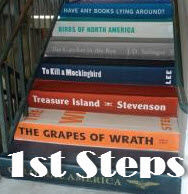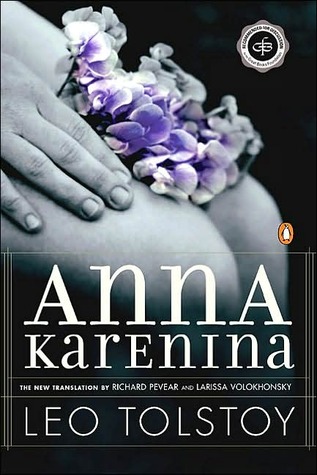 Title: On Such a Full Sea (Goodreads)
Title: On Such a Full Sea (Goodreads)
Author: Chang-rae Lee
Published: Little Brown and Company, 2014
Pages: 352
Genres: Dystopia, Literary Fiction
My Copy: Library Book
Buy: Amazon, Book Depository, Kindle (or visit your local Indie bookstore)
Dystopian literary fiction is an often under-appreciated and underutilised literary tool. Chang-rae Lee steps away from the historical novels he normally writes to give us On Such a Full Sea, a dystopian novel set over a hundred years into the future. The novel tells the story of a teenage girl Fan who works in the high walled, self-contained labour colony know as B-Mor (formally the city of Baltimore) who goes searching for the man she loves as he has mysteriously disappeared.
I often enjoy a novel that disguises political discourse with the dystopian fiction genre. Think 1984’s message on totalitarianism, Fahrenheit 451 on censorship, Super Sad True Love Story on Globalisation. On Such a Full Sea also has a political message but it is far more subtle. The thing about literary criticism and political discourse is that you can often find differing opinions; was this novel on the harsh reality of immigration, slavery, human trafficking, removal of individuality or something more? I’m not going to go into too much detail on this; you can discover that on your own.
I want to have a quick look at the dystopian world that Lee has created as it follows a similar style to that of George Orwell’s 1984. These walled communities are more like labour camps, designed to keep people in rather than out. The workers are being watched and controlled by fear; rather than by governmental oversight, the labours are been monitored by The Charters, which to me feels like middle management. In this future most of the American cities have been abandoned due to crushing debts and disease and the Chinese cities are suffering from major air and water pollution. The solution, to relocate and occupy America; this is why Fan and the others are found working in B-Mor.
The harsh realities of this dystopian world are often drowned out by the beauty in Chang-rae Lee’s writing. You can spend so much time being swept away by the writing that the plot really does take a back seat. This works only because the plot isn’t really as strong as I would have liked it to be. There are times I found myself enjoying the writing and not really paying enough attention to the plot only to have something shocking happen that snaps me back to attention. I would have liked a stronger plot, it really was a big downfall for me, not that plotless books are bad it’s just the particular story called for it.
I picked up this book because Chang-rae Lee mentored my current literary obsession Gary Shteyngart and helped him get his first book published. My first thought was On Such a Full Sea sounds very similar to Super Sad True Love Story. I expected to read a similar book about the struggles of Chinese immigrants but I’m happy to see the two novels are very different. There are a few similarities but not enough to compare them; Shteyngart uses satire and humour where Lee takes a more serious approach.
The plot may sound basic but On Such a Full Sea is a stunning yet surprising novel. This is actually my first Chang-rae Lee novel and while I enjoyed this novel, I’m not in a hurry to read his back list. Lee joins the ever growing list of serious novelists trying their hand at genre fiction. I for one am happy to see an increase in literary genre fiction; you can do some interesting things with genre fiction and blend that with the discourse of literary fiction the results are often amazing.





 Anna Karenina by Leo Tolstoy
Anna Karenina by Leo Tolstoy Crime and Punishment by Fyodor Dostoyevsky
Crime and Punishment by Fyodor Dostoyevsky Title: The Trial (
Title: The Trial ( Title: We (
Title: We ( Title: Animal Farm (
Title: Animal Farm (